Through the 4th of July CELDF will be challenging dishonest narratives about America’s past and how those lies distort our lives in the present. This…
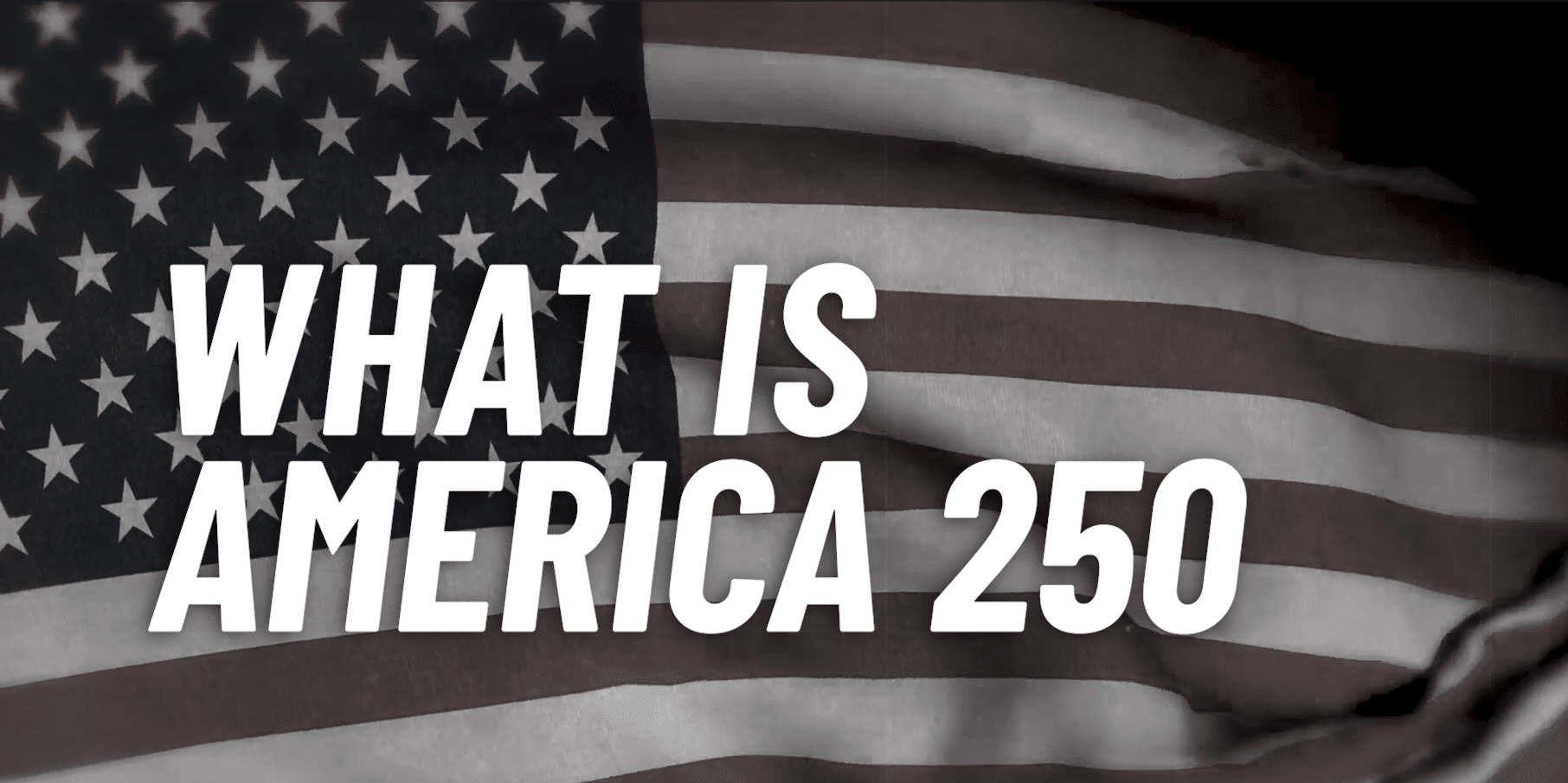

Through the 4th of July CELDF will be challenging dishonest narratives about America’s past and how those lies distort our lives in the present. This…
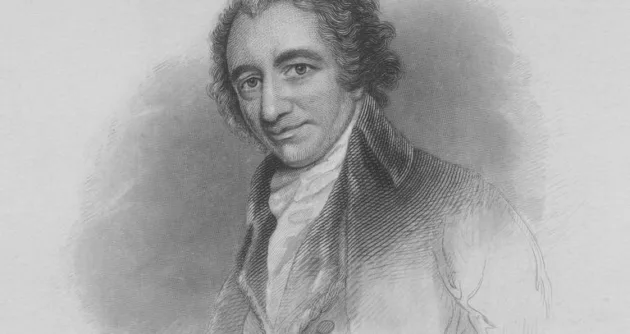
CELDF's February 2026 monthly newsletter, Common Sense, Collective Action for Right Relationship is available to read now! If you are not on our email list,…
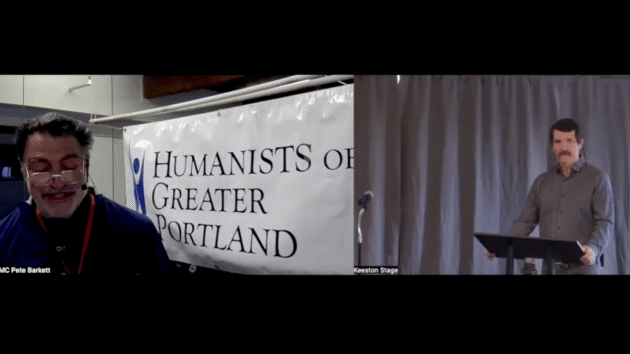
Kai Huschke explains why revolution is necessary and potentially successful.
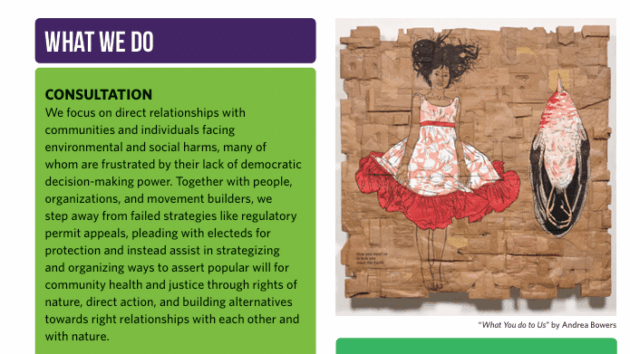
Our "Who is CELDF?" printable flyer is here! Learn more what we do, who we partner with, what services we offer, and CELDF's three primary program…
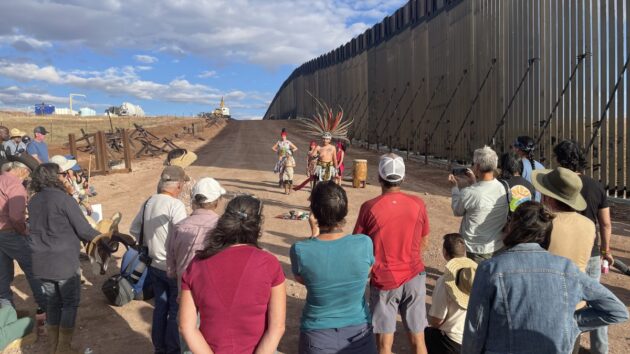
Though there are sections of border wall that have been in place for decades, the desire of the current regime to build a complete wall…

Will Falk will explore the Rights of Nature in the context of American property law, where current legal frameworks fall short, and what it means…

In this conversation, host, Max Goller, and Secular Saint, Ben Price, discuss the evolution of the Community Environmental Legal Defense Fund (CELDF) and its mission…

CELDF's January 2026 monthly newsletter, Common Sense, Collective Action for Right Relationship is available to read now! Our monthly newsletters include a personal message and…
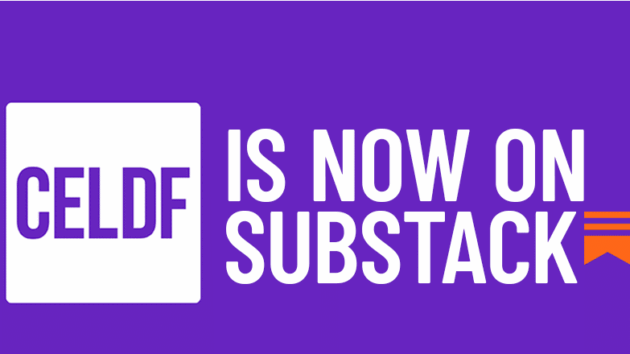
Since launching early last year, CELDF’s Truth + Reckoning newsletter on Substack has become a hub for our most recent articles, interviews, press releases, action…

CELDF's new monthly newsletter, Common Sense, Collective Action for Right Relationship is here! Our monthly newsletters will include a more personal message and the great…

Kai Huschke is the Executive and Development Director at CELDF, and has been part of the movement since 2009. In this personal message, Kai discusses…

Who benefits from the 4,750 data centers under construction in the U.S.? The ultra-rich, that’s who — not us, nature, or basic principles like Democracy. …
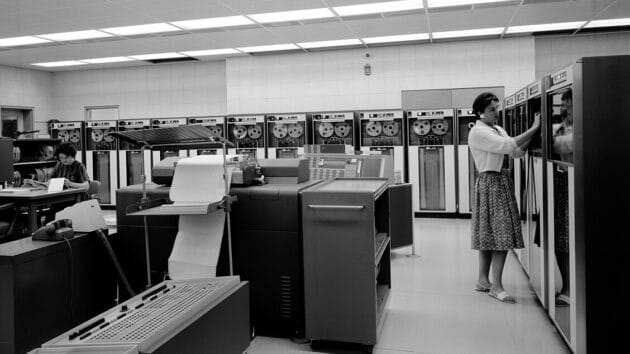
How do YOU keep healthy in a toxic world? How do you deal with rules and regulations that prohibit local authority? What do you consider…

CELDF and its partner Community Rights Lane County are not only resisting these violent assaults, we are attempting to flip the script all together. Read…
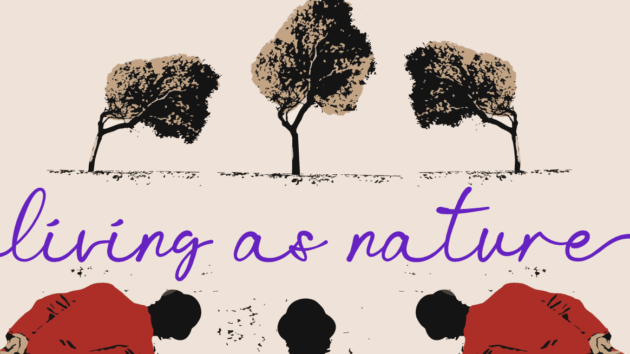
Living As Nature is Alive! - Support CELDF in 2025 See what we've brought together for you in the CELDF's Living As Nature 2025 Newsletter.
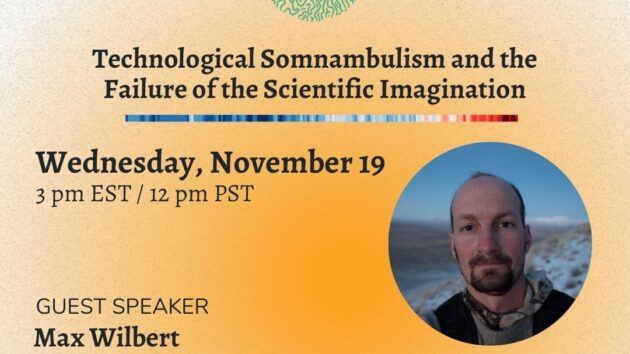
Don’t miss CELDF’S Max Wilbert presentation hosted by Scientists Rebellion. His talk, titled “Technological Somnambulism and the Failure of the Scientific Imagination,” explores how academic…
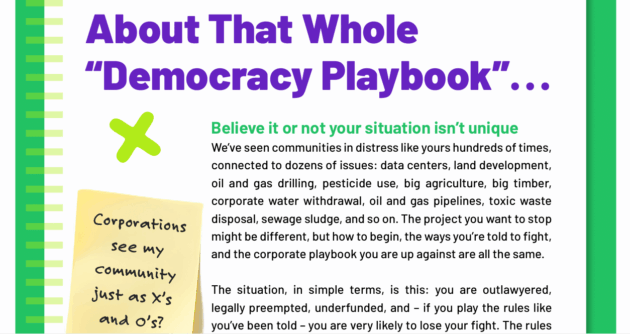
The Primer walks you through the typical scenarios of what you can expect when a corporate project wants to come to town like elected officials saying…
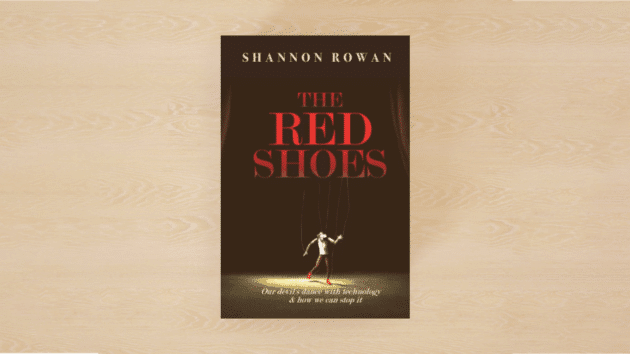
It is time we collectively take a giant step back, start making conscious choices about our technology use, and remove the red shoes before it…

All debates about environmental policy need to begin with honoring and protecting, not the desires of the human species, but with the sanctity of the…
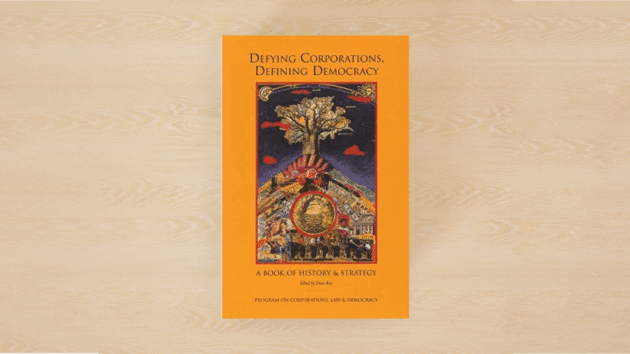
This collection, which Howard Zinn calls "powerfully persuasive," chronicles POCLAD's evolution among the twelve POCLADers and with thousands of activists. Here are hidden histories, crisp…
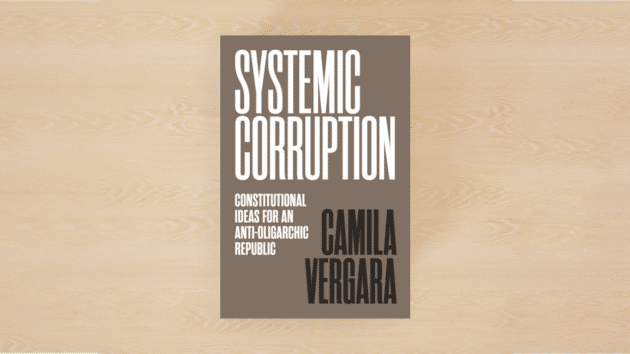
Camila Vergara provides a compelling and original genealogy of political corruption from ancient to modern thought, and shows how representative democracy was designed to protect…